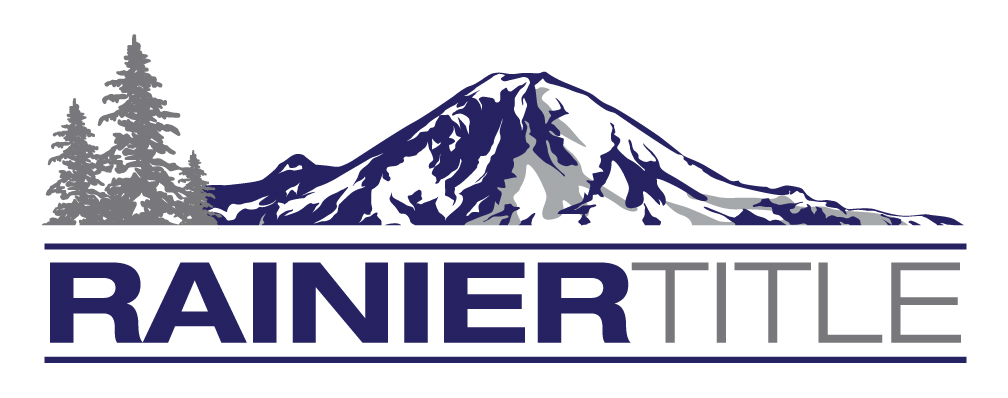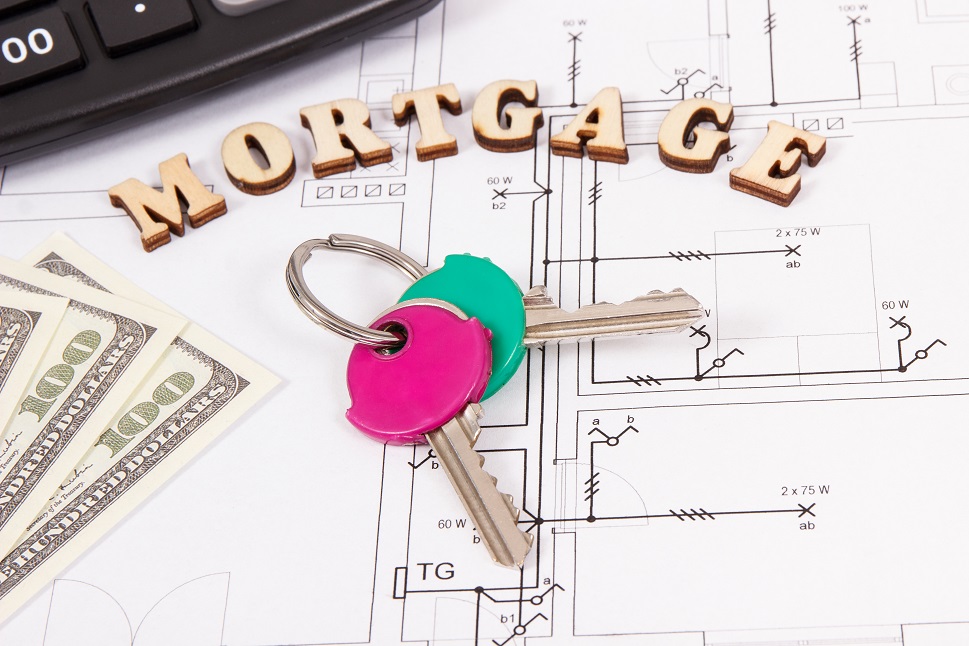Paying off your mortgage is one of the most satisfying feelings a homeowner can have.
After you have made your last monthly payment to your lender, they will send you a satisfaction of mortgage statement along with a copy of your mortgage note. Your lender will also file the satisfaction of mortgage statement with your county’s register of deeds office. Confirm with your lender that they will be doing these things since, most, but not all lenders automatically do this. Before you celebrate the lifted burden of a mortgage payment, here are some things you need to tend to first so you won’t forget:
Auto-Pay:
If you had your payments on auto-pay, remember to cancel that feature with your bank.
Property Taxes and Insurance:
If your monthly mortgage payments also included property taxes and insurance payments, call your lender to determine if you might have a balance left in the escrow account used for those payments. You may be getting a refund!
Remember that although you paid off your mortgage, you are still responsible for your property taxes and insurance payments, so you will need to remember to pay those items now. Contact your insurance agent and local taxing authority and let them know your mortgage is paid off and to send your bill directly to you. In addition, update your homeowners named on your policy, and inquire about any discounts they may have for paying off your mortgage.
Early Payoff Rules:
If you are paying your mortgage off early, call your lender before making your last payment. Lenders have different rules for early payoffs. There may be a fee involved for an early payoff or specific rules regarding your final payment.
Now that you paid off your mortgage, what should you do with the extra monthly income?
Here are some fiscally responsible ideas:
1. Put money away to pay your insurance and property taxes. Tax and insurance bills often go up, so keeping more in the bank than what you think you need is a good idea; 10% more is a widely accepted amount for this.
2. Pay off your other debt. Paying down or paying off your debt will lower the amount of interest you pay over time. Some loans have a prepayment penalty, so be sure to check for that first.
3. Consider an emergency fund. There are always unexpected expenses to deal with; this is why financial experts recommend having an emergency fund of three to six months of living expenses saved.
4. Add to your retirement accounts: If you don’t already, start putting the maximum allowed into your IRA and adding to your other retirement savings accounts.
5. Consider hiring a financial planner to help you invest the money that you’re now saving monthly. A financial advisor can recommend additional types of investments and know which ones are right for your situation.
6. Monitor Your Credit: Paying off your mortgage can have an impact on your credit score. Making a regular on-time loan repayment and having your mortgage loan as an additional type of credit improves your credit score. Without this consistent payment, your credit score can sometimes drop. It is a good idea to check with the three credit agencies: Experian, Equifax, and TransUnion to make sure they are accurately reflecting that you have paid off your mortgage.
7. Prioritize the things that you want to buy with the extra money and start a separate saving account for those items.

